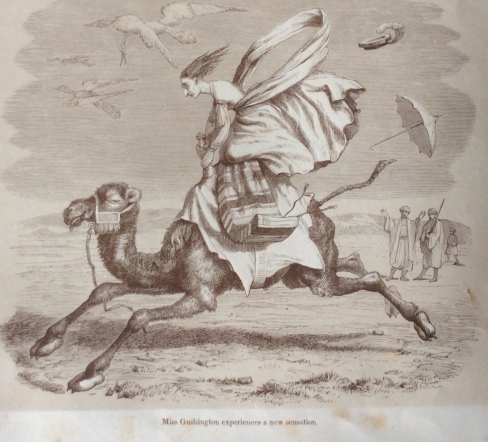My last post was about critics and reviews. Here’s a sequel: In the Family Way is not out until Thursday this week (5 Feb) but the coverage has been widespread already. Below is a sound-bite digest, compiled for my publishers, of all the reviews I’ve seen so far. I hope it’s of interest to those of you who helped me research the book; I can only thank you again for all your contributions. People kindly say I’ve given you a voice in the book, but really you’ve given me yours, and I’m grateful.
Here goes, then. As of today, 2 February:
In the Family Way is an important social history tracked through personal stories that need to be heard and will soon be beyond memory. Elizabeth Grice, Daily Telegraph 24.01.15 (five-star review)
Robinson, who wrote the excellent Bluestockings, has a good eye for the human story and the affecting detail that brings alive the hypocritical moral landscape of the period. Daisy Goodwin, Sunday Times 25.01.15 (lead review)
[Robinson] has made contact with 100 unmarried mothers and their progeny and deftly interweaves their stories with the political and institutional history… The chapter on single fathers is especially interesting because it defies expectations. Lara Feigel, Observer 25.01.15
Robinson has worked to give back a voice to those not traditionally allowed one… Taken together, the individual stories of secrecy and enforced separation form a powerful testament to the hypocrisy and cruelty of our culture. Michele Roberts, Independent, 29.01.15
A fascinating journey into the history of illegitimacy… In this incredibly touching book, social historian Jane Robinson reveals family secrets kept for entire lifetimes, enabling us to hear long-silent voices… Elegant and compassionately written… Eloquent and highly readable. Family Tree Magazine, 30.01.15
A four-page feature written by Jane appears in the February issue of Britain’s best-selling monthly magazine, Saga Magazine. 30.01.15
[In the Family Way’s] heart is firmly in the right place. It is a book that makes a woman want to reach for an AK47 to avenge the past; or at the very least to buy a copy to politicize their daughters. Melanie Reid, Times, 31.01.15
The closer Robinson’s survey comes to our own day, the more shocking it grows… In the Family Way is not, incidentally, without its funny side. I particularly enjoyed this… Craig Brown, Mail on Sunday. 01.02.15
Sunday Times ‘must read’ recommendation, 01.02.15
In the Family Way is both engaging and incredibly moving and will strike a profound chord with many readers. Sarah Franklin, Sunday Express, 01.02.15
So there we are. All this makes it sound as though everyone has been raving in praise of the book; that’s not quite the case, as you’ll appreciate if you read Craig Brown’s review in the Mail on Sunday or Michele Roberts’ in the Independent. But I think – hope – all agree that it’s a book that needed to be written; a subject we need to address.
Fingers crossed for publication day. See you on the other side.


